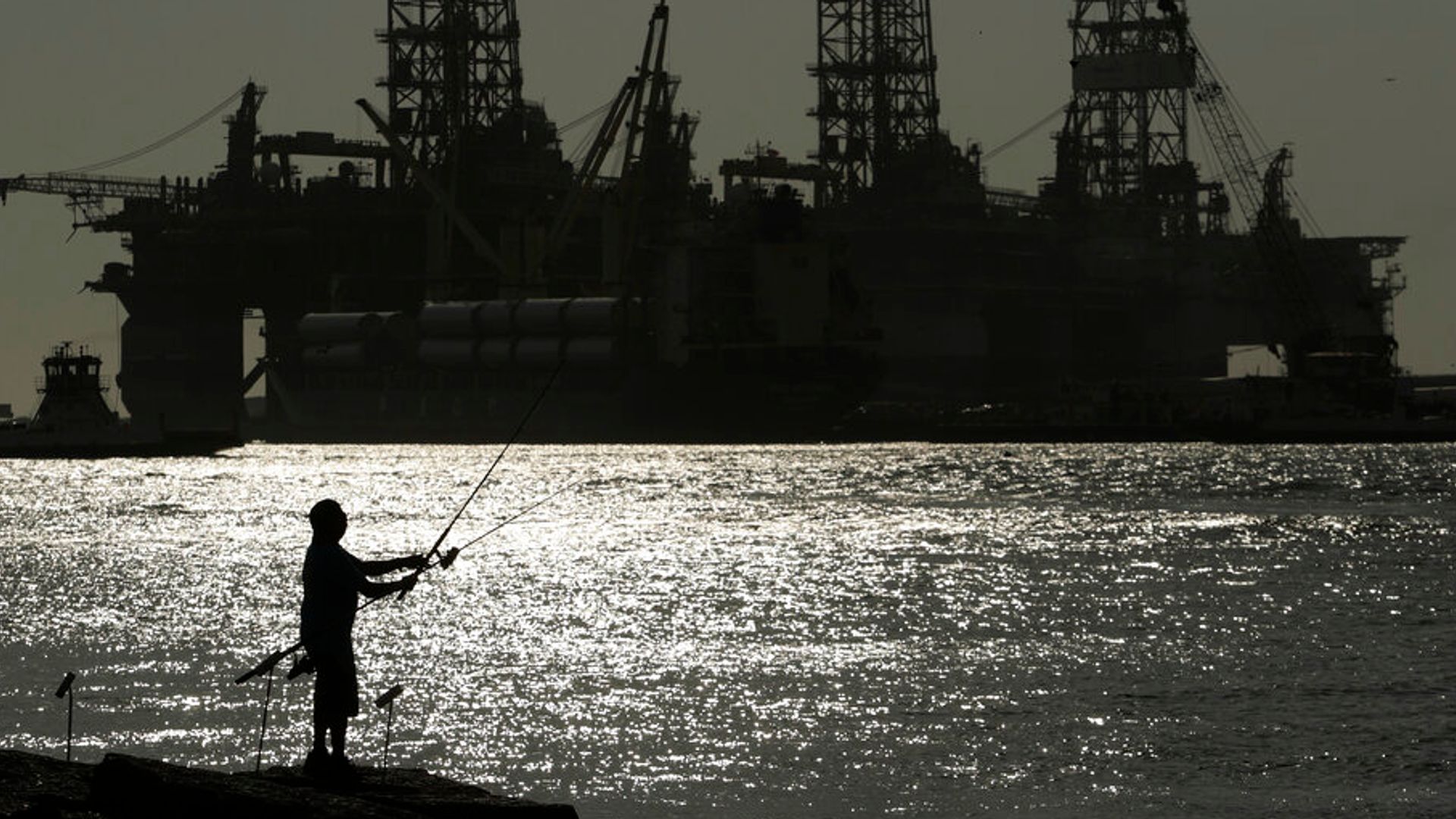President Joe Biden has banned future offshore oil and gas drilling along much of the US coastline – weeks before Donald Trump takes office.
The action will not have any impact on large parts of the Gulf of Mexico – where most US offshore drilling occurs – but will still protect coastlines along California, Florida and other states.
The move will protect more than 625 million acres of federal waters and would almost certainly require an act of Congress to repeal.
The White House said Mr Biden believed the “environmental and economic risks and harms that would result from drilling in these areas outweigh their limited fossil fuel resource potential”.
He has “now conserved” more than 670 million acres of America’s lands and waters, “more than any other president in history”, it added in a statement.
In response, Mr Trump vowed: “It’ll be changed on day one. I can change it immediately.”
Mr Biden, whose term expires in two weeks, used his authority to protect areas along the east and west coasts, the eastern Gulf Of Mexico and portions of Alaska’s Northern Bering Sea.
He said: “My decision reflects what coastal communities, businesses and beachgoers have known for a long time: that drilling off these coasts could cause irreversible damage to places we hold dear and is unnecessary to meet our nation’s energy needs.
“As the climate crisis continues to threaten communities across the country and we are transitioning to a clean energy economy, now is the time to protect these coasts for our children and grandchildren.”
Read more on Sky News:
Thousands of suspected Nazi collaborators named
Dual carriageway to be completed 23 years on
Follow our channel and never miss an update
Mr Trump has vowed to establish what he calls American “energy dominance” around the world as he seeks to boost US oil and gas drilling and move away from Mr Biden’s focus on climate change.
Environmental advocates hailed Mr Biden’s action, saying new oil and gas drilling must be sharply curtailed to reduce greenhouse gas emissions that contribute to global warming.
It comes after preliminary data showed 2024 was the hottest in recorded history – with experts expecting 2025 to also be one of the warmest.








